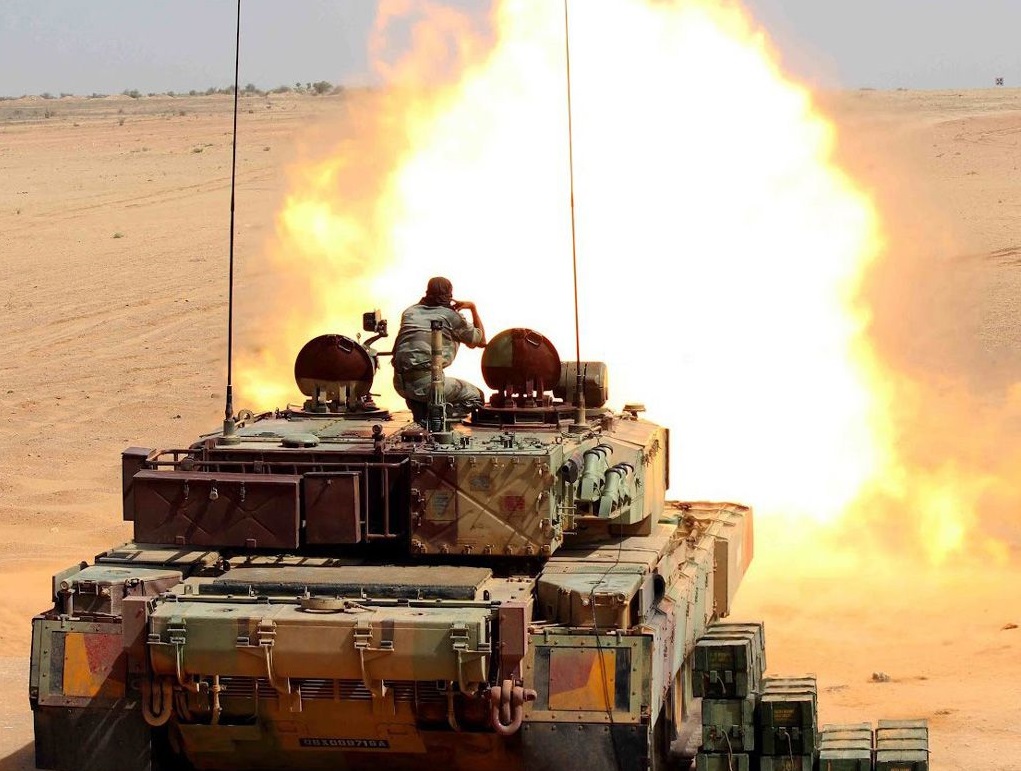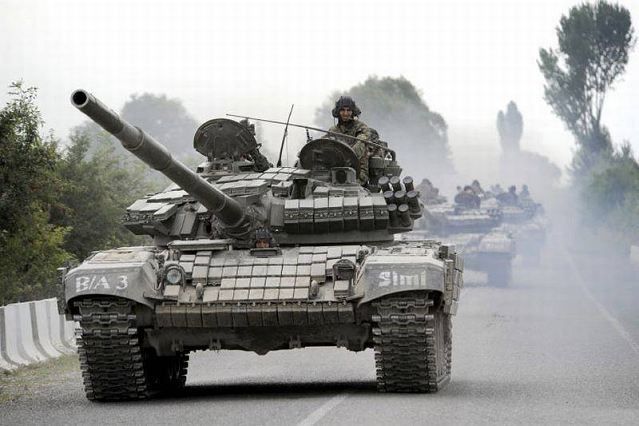
Facing the Russian invasion has been a mixed force of Ukrainian tanks, consisting of T-54/55s, T-62s, T-64s, T-72s, T-80s and T-84s (theT-84 is a Ukrainian development of the Russian T-80UD). Indeed, the T-90 is essentially a late-model T-72 hull and turret, integrating the newer V-84 MS diesel engine and the advanced turret components of the latest T-80U. The T-72, T-80 and T-90 share a number of common basic design elements, and are equivalent in terms of combat capability and survivability. The tank force of the Russian Army in Ukraine consists primarily of T-72, T-80 and T-90 tanks. However, no further details were provided.


The Biden administration claims Ukraine can expect to receive “hundreds” of tanks. As the German firm Krauss-Maffei Wegmann (KMW) produces the Leopard 2, such a Polish action would require German consent. Poland has been pressing Germany for permission to transfer Polish Army Leopard 2s to Ukraine. These announcements represent the conclusion of months of wrangling between NATO members over the transfer of high-end main battle tanks to Ukraine. On the same day, the German government announced it will initially transfer 14 Leopard 2 tanks to Ukraine and allow other NATO allies to likewise transfer Leopard 2s to Ukraine.

On January 25, 2023, the Biden administration announced it will transfer 31 M1 Abrams main battle tanks and eight M88A2 HERCULES armored recovery vehicles to Ukraine, in an emergency aid package worth $400 million. S oldiers fire the Army’s new M1A2 SEPv3 tank at Fort Hood, Texas, August 18, 2020.


 0 kommentar(er)
0 kommentar(er)
